Planting Technology Lists
-
Cutting technique of potted poinsettia
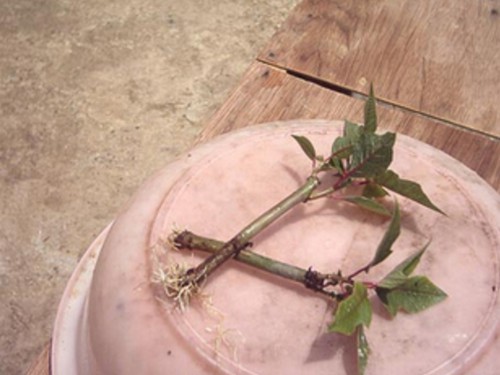
Poinsettia, also known as ivory, Laijiao, Christmas flowers, Christmas red, poinsettias, is Euphorbiaceae plants, native to Mexico, is used in Christmas decoration of red flowers, often do cut flowers or potted plants. Poinsettia color is bright and warm, very suitable for the festive atmosphere, often do cut flowers or potted plants
2019-06-12 -
Propagation method of Tulip

Family tulips are generally planted in pieces or more, planted in the garden, every April, flowers bloom in the garden, aroma, looking at other people's tulips, do you envy? According to the following methods, you will also become the envy of others! How to reproduce tulips
2019-06-12 -
Breeding method of Hemerocallis
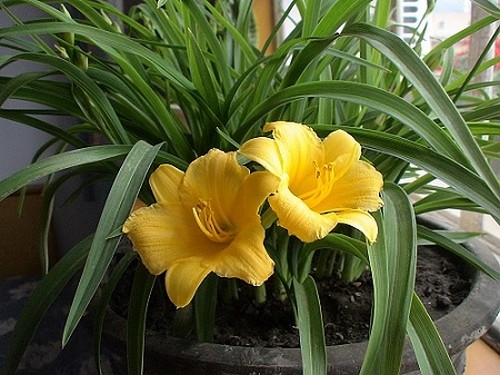
Hemerocallis is an artificially cultivated horticultural variety of Hemerocallis. Underground with rhizomes and fleshy fusiform tuberous roots. Leaves basal, striate, arranged in two rows, ca. 25 cm long and 1 cm wide. The plant is 30 cm high, the flower is stout, about 35 cm high. Spiral Cymes with 7 to 10 flowers
2019-06-11 -
Propagation method of Hemerocallis
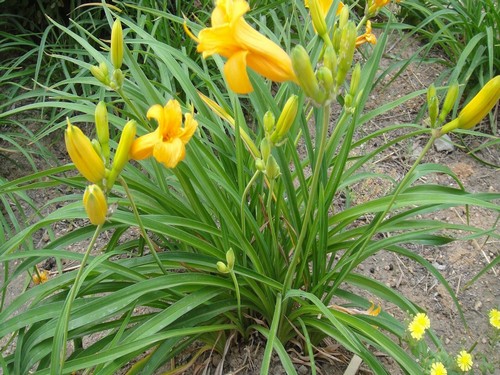
Hemerocallis is distributed from southern Europe through northern Asia to Japan, but it mainly produces in the Yangtze River Basin of China. It has wide adaptability, like moisture, drought, sunshine and semi-shade. It can grow in general soil, but the sandy loam soil with good drainage and rich humus is the best. Germination of new buds in early spring
2019-06-11 -
Propagation Methods and Seedling Management of Campsis chinensis
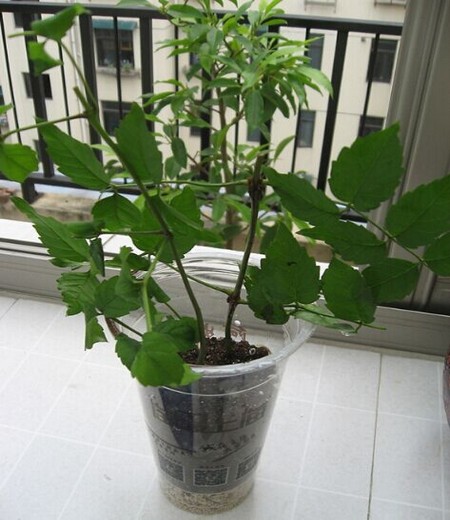
Lingxiao flower originated in central China, has been cultivated for more than 2000 years, Lingxiao complete flowers about 4-5cm, color is very bright, mostly yellow brown to brown. The propagation of Campsis chinensis is mainly based on layering and cuttage. Because Campsis chinensis grows fast and blooms many times, attention should be paid to pruning and fertilization.
2019-06-11 -
Sowing technique of Zihua Diding
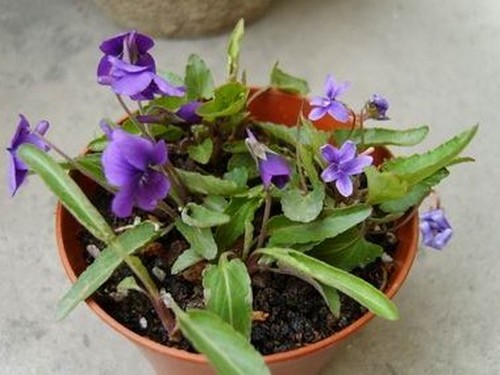
Zihua Diding has the characteristics of beautiful leaf shape, good ground cover effect, long flowering period, high ornamental value, strong stress resistance, strong cold resistance and so on. It is a rare early spring flower in the north and an excellent garden ground cover plant. Zihua Diding is a perennial herb with strong sex, semi-shady environment and moist soil.
2019-06-11 -
Shaping technology of pear bonsai
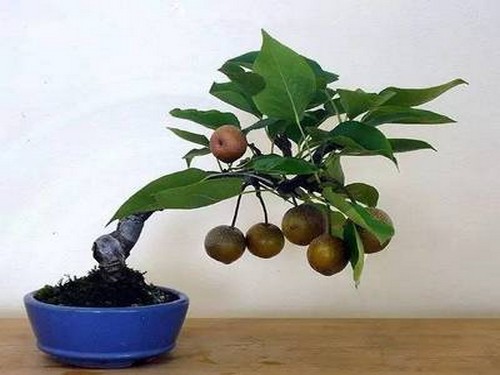
Pear trees are suitable for making many different forms of bonsai, such as direct dry type, oblique dry type, curved dry type, double dry type, jungle type, facing water type, horizontal dry type and so on. Because of the large leaves, the crown is mostly in the natural shape, and does not have to be tied into a sheet. Due to the strong growth of pear trees, the annual growth is large, and the apical branches are flourishing.
2019-06-11 -
Fertilization method of pear bonsai
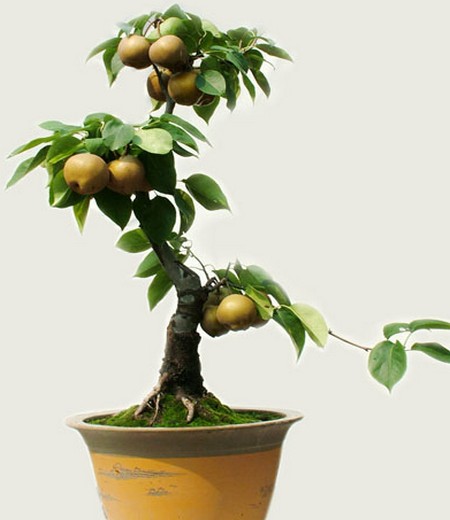
As soon as the stings arrive, the weather begins to get warmer, and there is gradually spring thunder. Sting is the day when God wakes up dormant animals with thunder. Starting today, most parts of China begin to enter the spring ploughing period. Today, many people are interested in the topic that they need to eat pears.
2019-06-11 -
Watering skills of pear bonsai
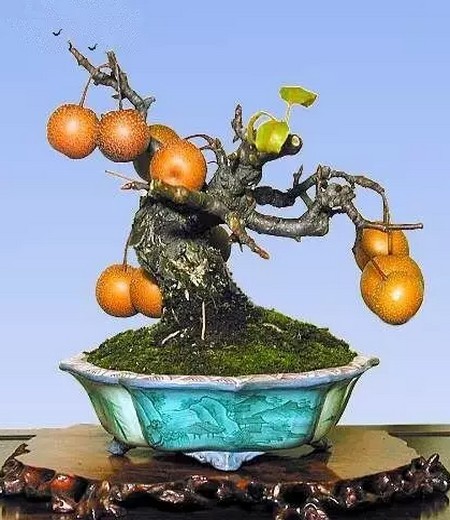
Pear trees need sufficient water supply in the whole growing period, and the leaves of pear trees are very sensitive to water, wilting if there is a little loss of water, and scorching and shedding after a little longer time. In the growing season, such as early flowering, late flowering and fruit speed for a long time, such as insufficient water supply
2019-06-11 -
Pruning method of pear bonsai

Pear trees are suitable for making many different forms of bonsai, such as direct dry type, oblique dry type, curved dry type, double dry type, jungle type, facing water type, horizontal dry type and so on. Because of the large leaves, the crown is mostly in the natural shape, and does not have to be tied into a sheet. Due to the strong growth of pear trees, large annual growth, and vigorous development of top technical strips.
2019-06-11
